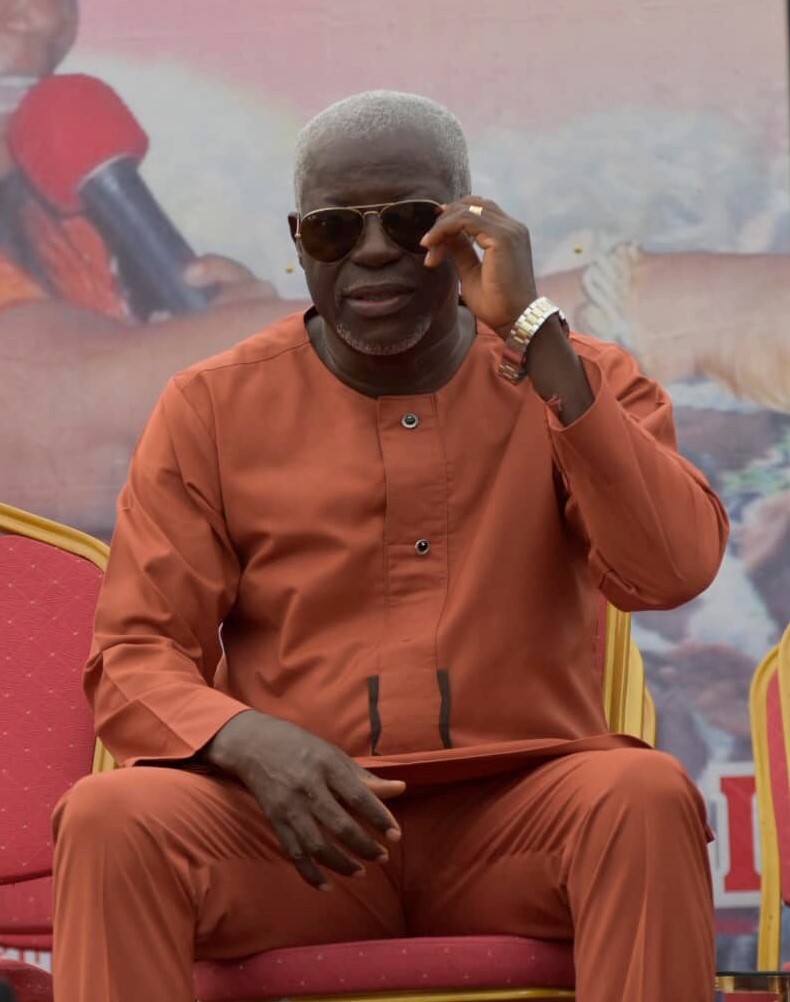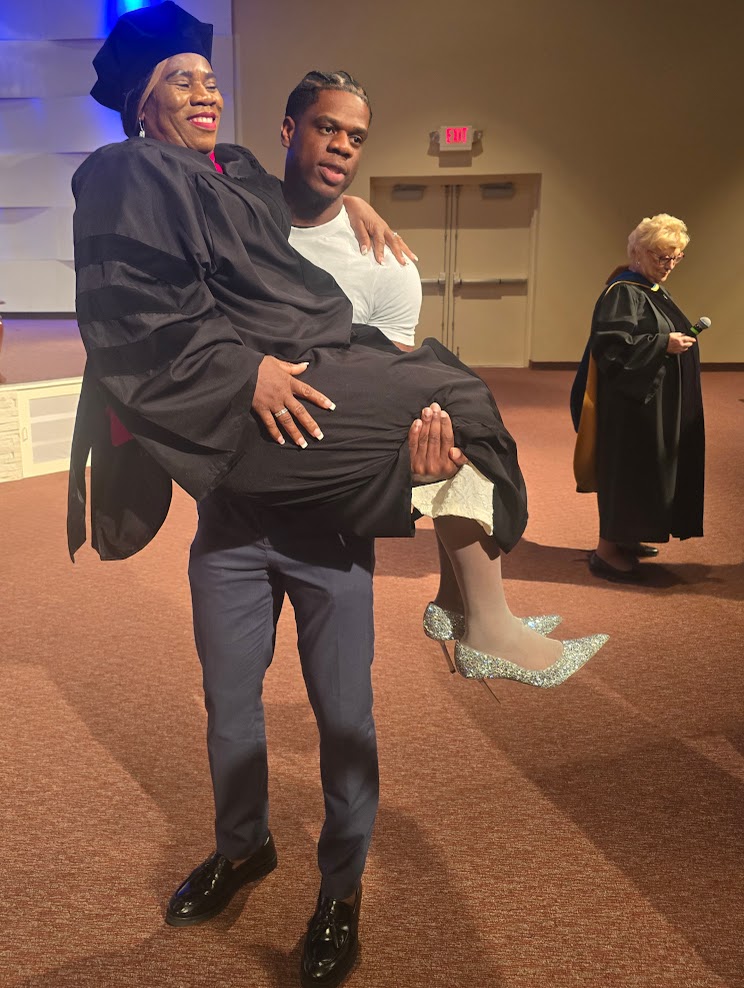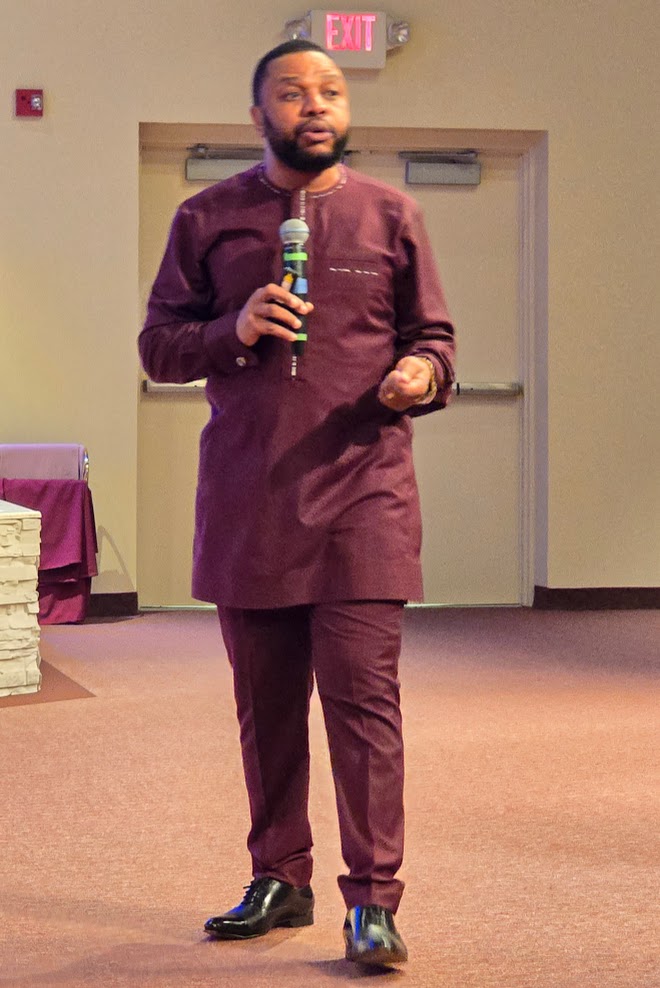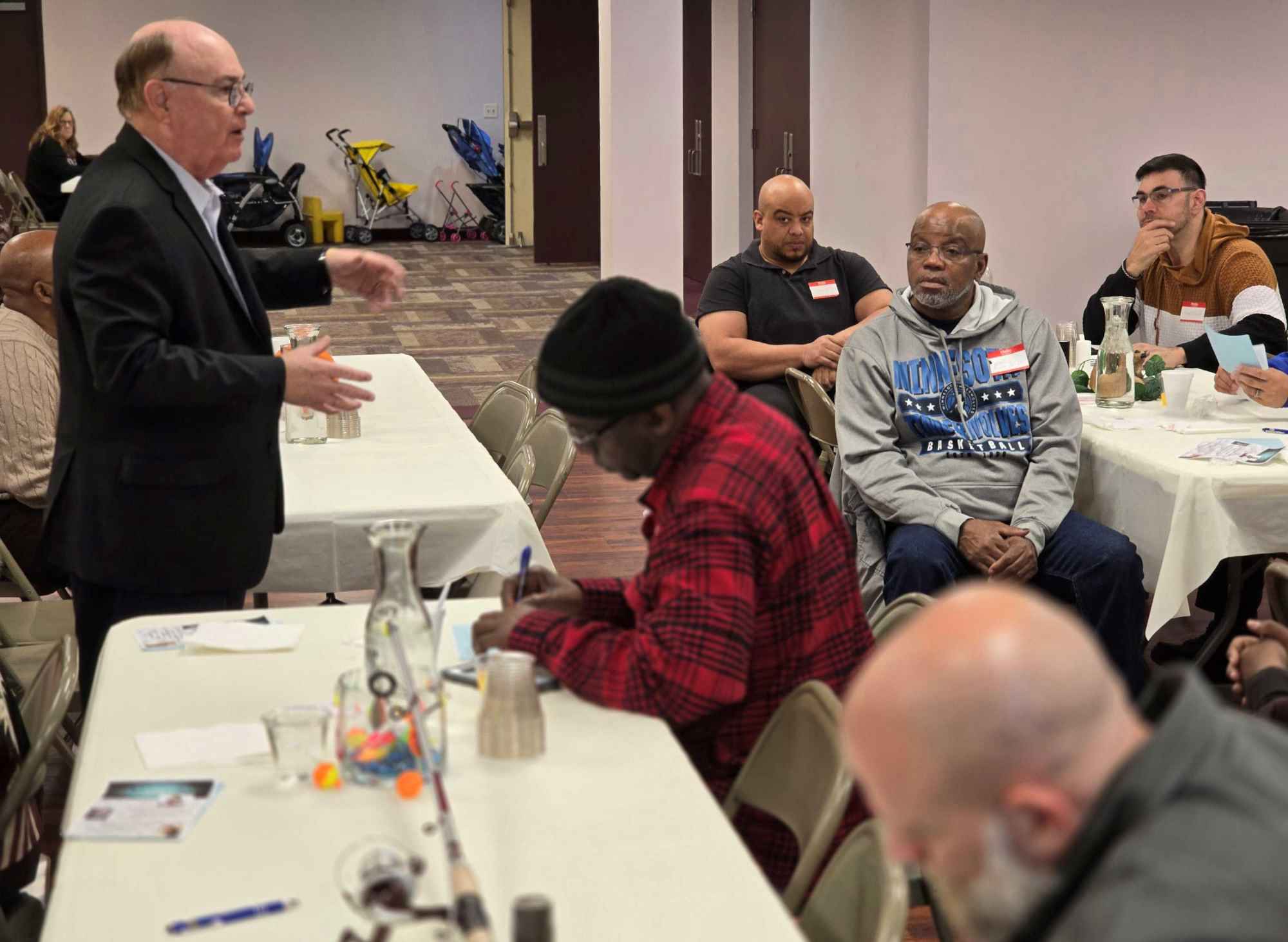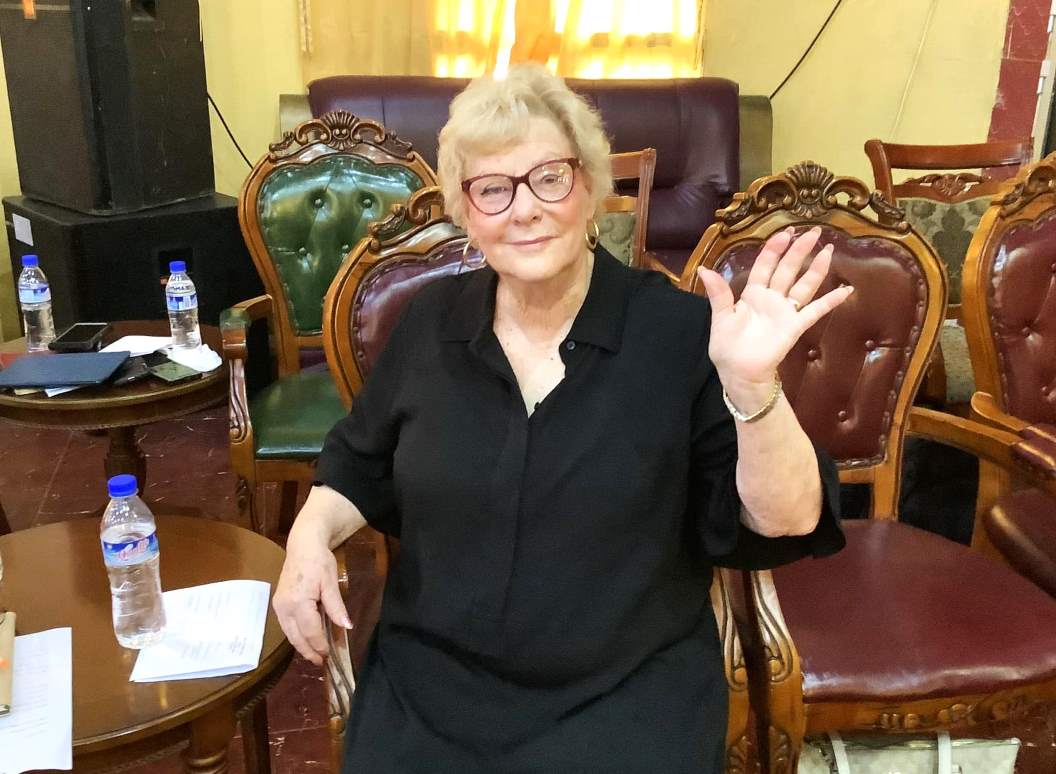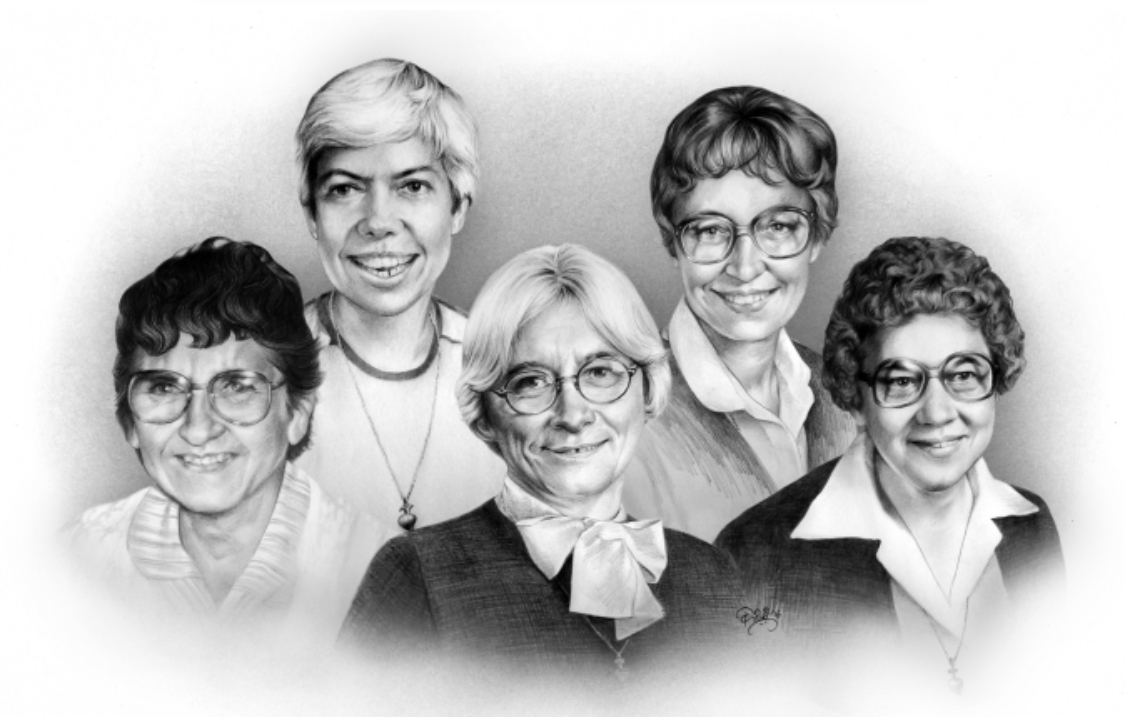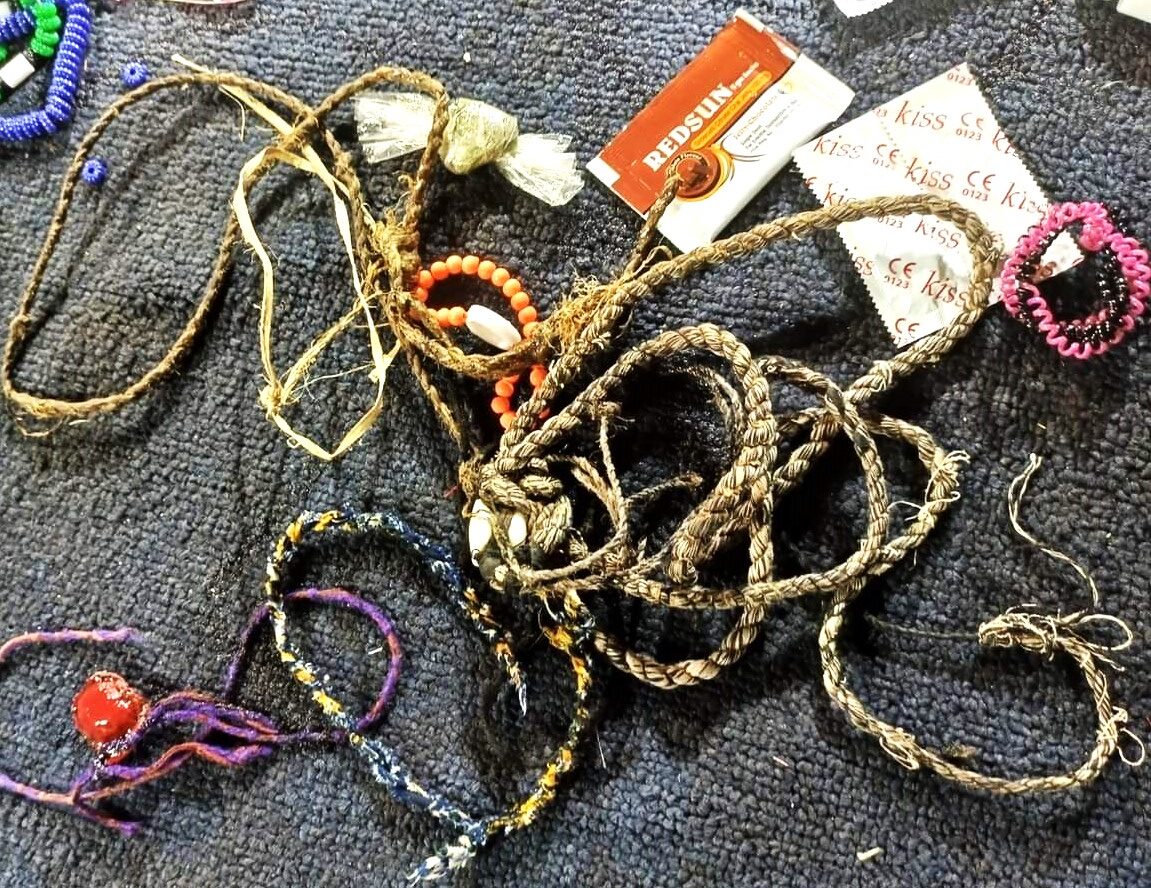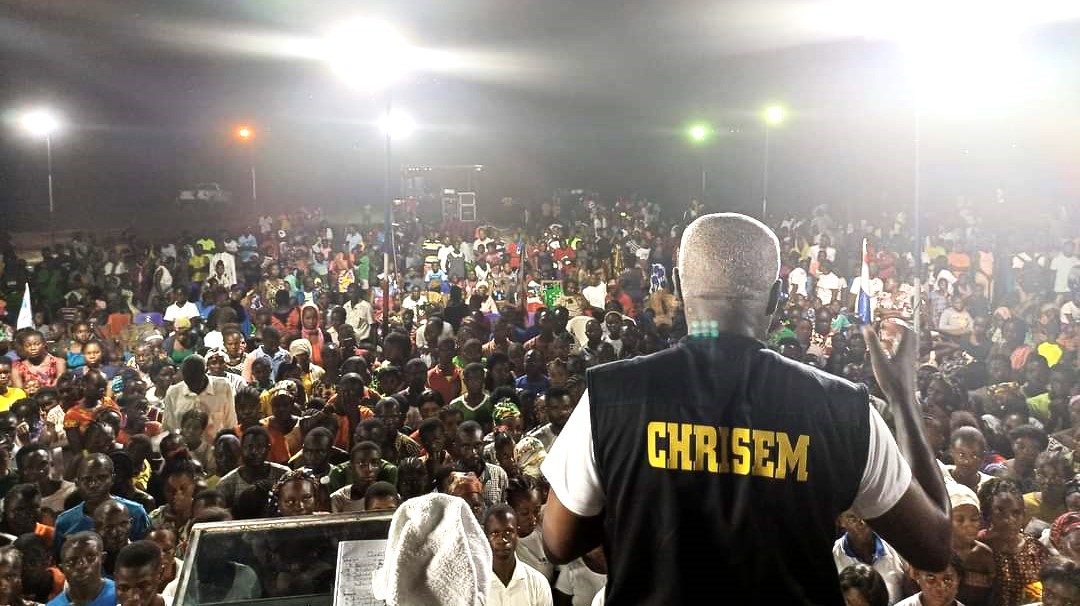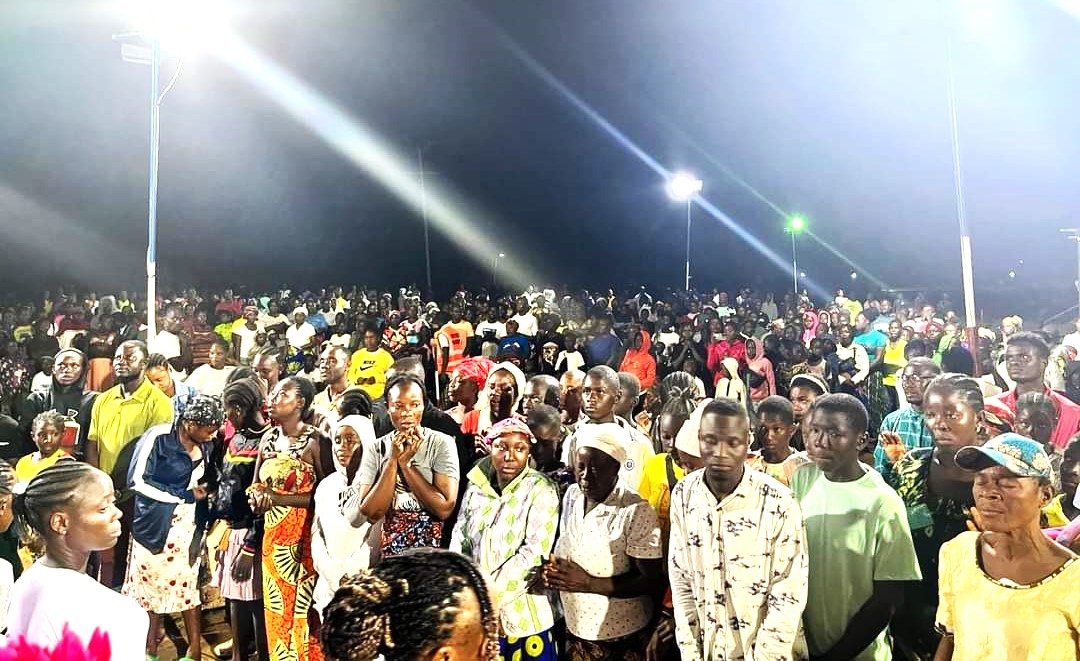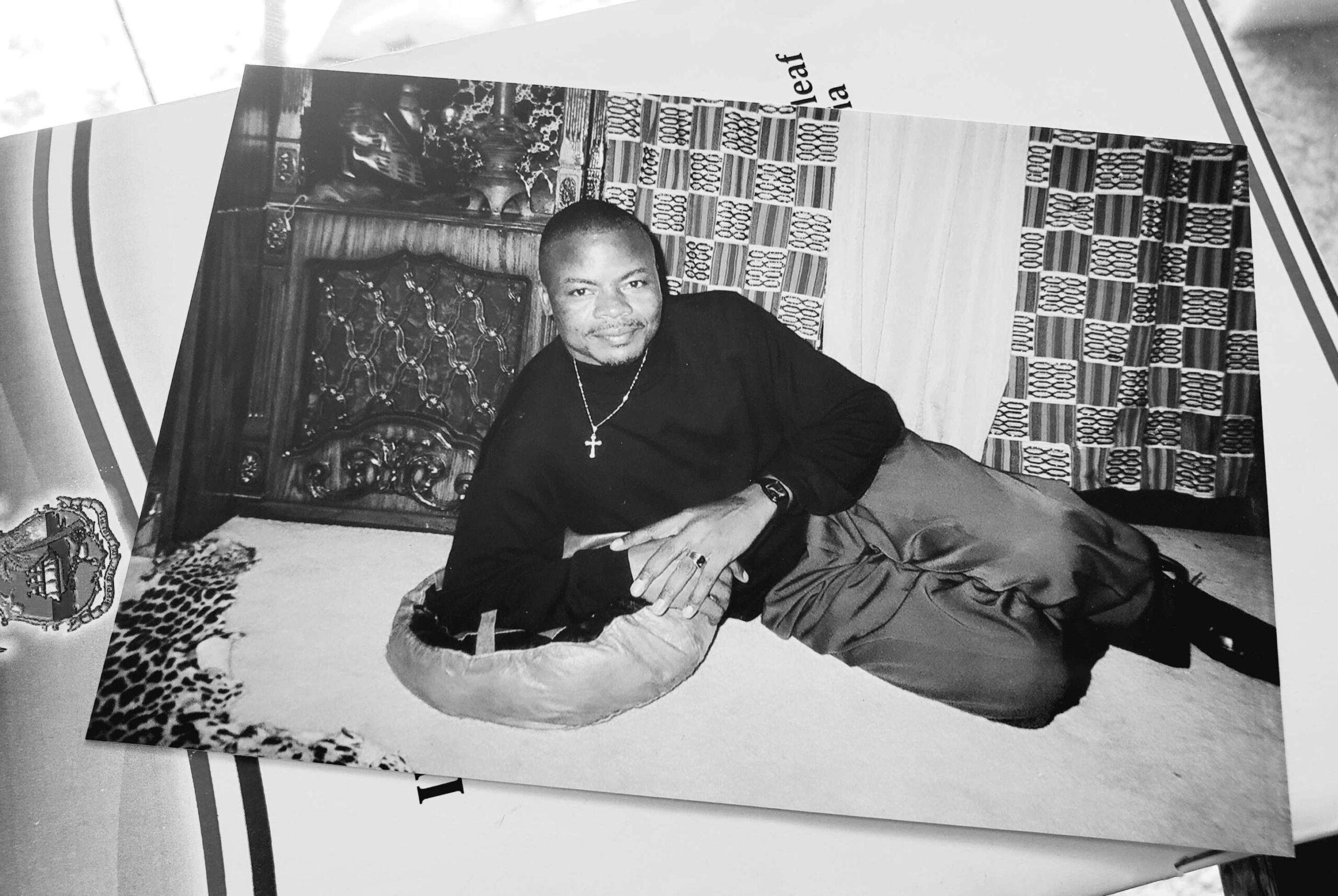Former AP/BBC’s Paye-Layleh on WECC & Gen. Prince Johnson’s fear!
The issue of establishing a “War Crimes Court” in the West African nation of Liberia has once again resurfaced after Ellen Johnson-Sirleaf’s regime faded away. Ex-president George Weah and his cohorts, for the record, rejected the court’s creation thereby preventing it from becoming a reality, during much of Weah’s six-year term in office, although they strongly advocated for the establishment of such a court, prior to coming to power. Per our own little experiences, while attending similar past war crimes court trials particularly in the U.S. and abroad, embarking upon such trials can be a herculean task. The key question thus is how prepared are Liberians for this task? Herewith, is our initial contribution concerning the subject matter, (wired to NPT), in that God, is a God Who Stands for Human Rights and Justice for all (Gen. 1:26; Exodus 20:13, 22:21; Deut. 5:17).
News Public Trust
Benson Street, Monrovia, Liberia
March 31, 2024
Dear Mr. Editor:
I read with some reservations, your March 6, 2024, edition in which you published a letter written by former AP/BBC reporter Jonathan Paye-Layleh titled, “Nimba Ex-Rep. Candidate, Jonathan Paye-Layleh Urges Sen. Prince Johnson To Embrace War Crimes Court.” In it, Mr. Paye-Layleh advised Nimba Sen. Prince Johnson to stop complaining and instead welcome the war & economic crimes court, set to take place in Liberia.
Mr. Paye-Layleh wondered as to why Gen. Johnson appears to feel uncomfortable when it comes to the war crimes trial. For after all, as he put it, it was neither John’s INPFL rebels that staged the infamous Lutheran Church genocide of 1990. Nor was it Johnson’s men involved in the killings of civilians in the Bong County town of “Kpolokpai” he indicated, let alone the massacres of Bomi’s Maher River, and Lofa’s “Bakedu” [Barkedu], among others.
A son of Nimba as Gen. Johnson, Paye-Layleh suggested that Johnson ought to “relax” and let the “court” or trial take place so “persons of interest” can be be given their days in court regarding their alleged murderous actions and campaigns during Liberia’s darkest period-from Dec. 24, 1989-Jan. 1997; 1999-2003. As the nation’s longest-serving BBC correspondent, his opinions on national matters are weighty and respected; that’s why his remarks drew my attention.
He seems to make the staging of the WECC sound so easy especially when he adds that Gen. Johnson should “relax” and “embrace” the court and he’s not alone in that hundreds of Liberians, if not thousands, also hold similar views as Mr. Paye-Layleh. In reality though, the process or task doesn’t seem as easy as Paye-Layleh portrays in his letter, and there are several reasons why.
I have known Gen. Johnson for years, and it dates far back to our wartime. He’s a very brave soldier, such that I have never seen under the sun. His bravery, together with his small band but well-trained rebel army made them withstand, survived the onslaught of two powerful armies-the Taylor’s NPFL and the AFL of Doe. This alone, somehow fascinated me as a journalist, thus prompting me to follow Johnson’s rebel convoy around the capital and his erstwhile rebel-enclaved Bushrod Island so I could better study him and understand why he acts the way he does!

Hence, watching Gen. Johnson showing signs of weakness or fearing to appear before a proposed war crimes court gets me to wonder why so? But the answers to his fear are quite genuine and I thought Mr. Paye-Layleh, perhaps more than anyone else, knew this fact or the root cause of his countryman’s fear. Without a doubt I can say his fear is deeply rooted in the glaring lack of trust or credibility within our three branches of Government-spilling over to the police force, something which must be adequately addressed by the present administration before Liberia can move forward or engage in any serious international undertakings such as the WECC.
Mr. Editor, we witnessed for six years, for instance, how witch-hunting became commonplace by those who were at the helm toward certain ex-officials. Those officials became the target of persecution and in some cases they were jailed because of their political views and beliefs. The case of Cllr. Gloria Maya Musu-Scott, accused of allegedly “killing” her own daughter and the ejection of former justice, Cllr. Kabineh Ja’neh, from the Supreme Court bench should serve as an example.
Amid the chaos the mass media themselves have shown that they have some serious problems of their own as well. Most appear unwilling to hire trained or qualified journalists to work for their entities in the first place. Such a move has often resulted in the underreporting of certain critical national matters. And unlike in the USA where the public and readers (consumers) dictate the trend of the news reporting-be it print media or the broadcast media, it’s the other way round in Liberia. The papers decide and control what their readers should read which is unfair.

Take for example, as the country inched toward national presidential elections last October, most of our national print media were found to be busy running mere CDC press releases as headlined news although, journalistically speaking, such releases were materials editors should have relegated to their less-important pages (inside pages), and not used them as front or back page “lead stories” as we witnessed. One such recycled release was when some so-called “59 Legislators” endorsed Weah’s candidacy for president: I got fed up reading it.
In yet another, The Analyst re-published an article previously printed by what it referred to as a “Major Nigerian News Magazine”, The News. Like the Nigerian magazine, The Analyst also listed “7 Reasons [Why] Weah Will Win.” (The Analyst News, Aug. 16, 2023). In real journalism, these types of stories are public relations. Besides, they deprive readers from knowing the truth-truth that almost everyone already knows. Should editors decide to use them, they should be paid for and marked Sponsored Content, at least for the good name of the institution.

The “59 Legislators” and “7 Reasons” stories were purely public relations. But more than that, with regards to the latter, I became afflicted by questions regarding which-between The Analyst and Nigerian-based magazine-can be trusted with writing an analytical piece on events unfolding in the country? Is it a foreign news magazine, or journalists living in Liberia?
What has happened to our own critical thoughts or the vigilant and vibrant news media we once had? Does the Liberian media still represent the true meaning of its titles as the Fourth Estate and Watch Dogs of society? Technically, I will say no and there are ample reasons why.
Local editors are in the habit of lifting articles from particularly Nigerian news magazines and making them appear to be the whole truth when in fact it’s the opposite and we saw it here because Mr. Weah, with all of his so-called achievements lost in the end!
Prior to becoming a foreign correspondent, I had the opportunity to participate in interviews with the late Samuel Doe, conducted by a group of African magazine editors who came from Nigeria. In one particular case the editors sought to secure adverts, while also arranging to publish a supplement also called “sponsored contents” by western media. I thought this was strange at first but it’s part of the game as long editors can draw a line.
So, for a Liberian newspaper such as The Analyst to make it look as if the “Major” Nigerian magazine is more authoritative on Liberian affairs than do its own journalists, or say, holds the “magic answers” to crucial Liberian problems, should be counted as dead wrong!
Disgusting also Mr. Editor, is the fact that certain media entities seem to be joining ex-war criminals to help fight and malign the characters of decent national journalists which no doubt tends to undermine our fragile democracy. Some go as far to publish questionable, slanderous pieces on their fellow journalists, authored by individuals with dubious characters. For whatever reasons they do so; I can’t tell. But for the love of truth, coupled with public decency, I would not edit or publish such malicious pieces even if I hold a disagreement with another journalist.

An example of such a “piece” written against ex-TRC commissioner Massa Washington, appeared in the New Dawn Dec. 1, 2021 edition. Apparently eager to publish the editor erroneously used LDF rebel leader, Francios Massaquoi’s picture instead of “author’s” and named the author as the “warlord.” It had me wondering how far can people go to settle scores? I cite the papers not to ridicule any but to prove a point, in that I prefer to criticize friends out of love for our sacred career-for which I personally endured multiple beatings and tortures-in hope we all can improve it.
As for our judiciary, we witnessed how a mockery was made of our justice system in 2022, when the Civil Law Court declared Ms. Massa Washington guilty (after her trial in absentia) in a “libel” lawsuit filed by Agnes Reeves Taylor (war-time ex-girlfriend of former convicted warlord, Charles Taylor). This is aside from the fact that Ms. Washington, slapped by the court with a $1.5 million fine, is herself a journalist, and war reporter, prior to becoming TRC commissioner. Hence, her opinion on Reeve’s case, or similar war crimes cases can be deemed credible.
So, rather than have our criminal justice system pursue and vigorously prosecute those accused of carrying out civilian atrocities during those wars, our court system now joins well-known war criminals, seemingly using “tricks” and further persecuting and humiliating the victims themselves. And it does so well by fining war victims in such unreasonable, unjustifiable and excessive manner intended to keep other war victims silent as we saw happen in Massa Washington’s case which actually shouldn’t hold, to borrow a phrase from Gen. Johnson.
Yet, intriguing as this may have been, many Liberians still want to blame Gen. Prince Johnson for not wanting to go before the anticipated “war and economic crimes court” expected to take place in the future, in order to answer questions regarding his alleged roles during the First War. Besides, we also want to be taken seriously by other nations and be respected among the comity of nations of the world when we have a completely broken system almost at every turn. How can these be possible, Mr. Editor?

Considering how our country has become so polarized largely because of those wars, coupled with wickedness that now abound in “high places” of government and private life, who among us would be willing to appear before some type of ‘Kangaroo court’ especially in a matter that concerns life or death? Can we now see, Mr. Editor, how necessary is it for us all, to work harder and first put our houses in order before embarking upon any such huge task as the creation of a war and economic crimes court?
Mr. Editor, I haven’t seen any precarious situation before our nation as the proposed WCC in decades since the wars ended, and I ponder almost daily since this matter resurfaced recently, asking myself how can Liberians get-past this issue and move on with other equally important matters? Despite the WCC being the right course for our nation, yet many people including journalists remain divided on the issue just as the wars.
For now, it’s not exactly clear to me as to where the PUL stands on the WCC issue but I know of certain local outlets including the New Republic that have written editorials, defending “why” the WCC shouldn’t be held. And unlike the old ALJA, the Moses Sandy-Joe Mason run ALJA does not support a war crime court for the country, which I thought seems just weird for a professional journalist group. In contrast, I strongly support the coming of the WCC. For I have not only fought to keep press freedom in place in Liberia but did investigate, and expose countless human rights abuses and demanded action prior to, and during and after the country’s civil wars.
However, unless our leaders including the current head of state can move quickly and decisively, and do a “good house cleaning” first; or better still have the nation bring in an “all-White judges and jurors” (which seems impossible), to help run the proposed WECC in such a transparent manner pleasing to a majority Liberians, I suggest that people should leave Gen. Johnson alone!
James Kokulo Fasuekoi
Editor-Publisher/Global Ekklesia, Minneapolis, Minnesota
Banner photograph: A mural of five American Nuns murdered near their Barnesville, Liberia compound, in October 1992, by Taylor’s dreaded rebel NPFL fighters during their onslaught on the capital city, Monrovia. Courtesy of The Adorers of the Blood of Christ in Ruma, Illinois
JESUS CHRIST IS COMING SOON! ARE YOU READY?

